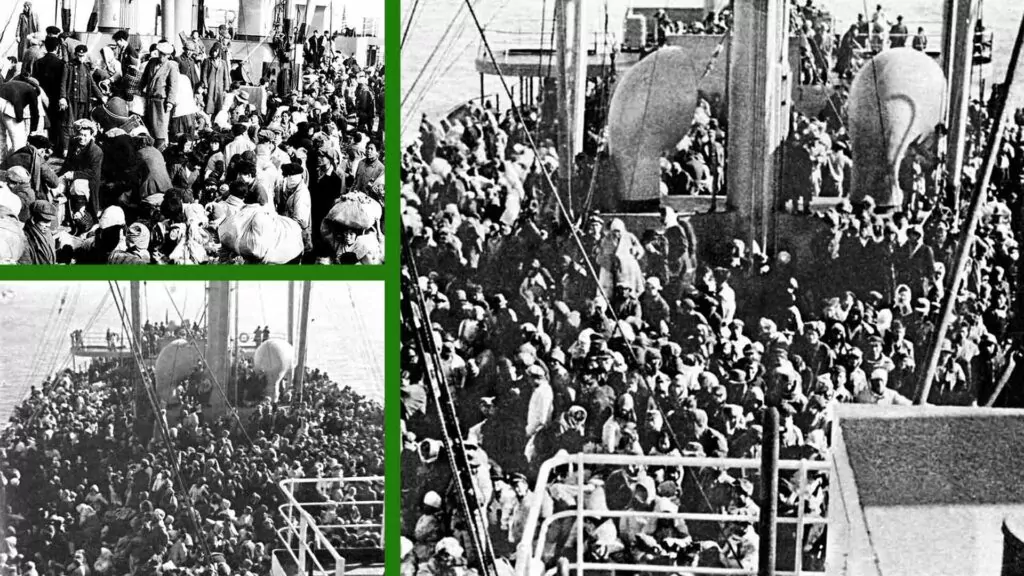A book about kids killing other kids, that is written for the teen market? If that doesn’t grab your attention, then you must not be a parent.
The Hunger Games is the first book in a trilogy by Suzanne Collins that has, since 2008, sold more than 5 million copies. On March 23 a movie adaptation of the first book hit theatres and made a quarter of a billion dollars in just 10 days. This is the latest big thing in teen fiction. And like Twilight before it, a pivotal element of the plot is causing concern for Christian, and even non-Christian parents – this is a story about kids killing other kids.
Deadly plot does not a bad book make
Sixteen-year-old Katniss Everdeen lives in a post-apocalyptic world where what’s left of the United States has been divided up into 12 Districts, all subservient to “the Capital.” We learn that there was once a 13th district, but it rebelled, and in the resulting war the Capital destroyed it. Every year since then, as show of their submission, each of the Districts has had to provide the Capital with two Tributes, a boy and a girl, to fight to the death in a made-for-TV spectacle reminiscent of the Roman gladiatorial games. Katniss becomes the District 12 female Tribute after she volunteers to take her 12-year-old sister’s place.
Now the setting is grim, but a grim setting does not necessarily a bad book make. After all, “kids killing kids” would serve as a good summary of Lord of the Flies. In William Golding’s classic, he makes use of grim plot elements to talk about Man’s depravity, and how even “innocent” children are fully capable of murder (or as the catechism puts it: “we are all conceived and born in sin”). A great writer can use a dark setting to present an important Truth.
Rooting for the anti-hero
However, Colllins is no William Golding. Her premise is intriguing – the hero of our story is placed between a rock and hard place. Since there is only one final winner in these “Hunger Games” Katniss would seem to have a terrible decision to make: to kill or be killed?
But Katniss never makes that decision. Collins has created a moral dilemma that, on the one hand, drives the action, but on the other, is hidden far enough in the background that it never needs to be resolved. Neither Katniss nor any of the other Tributes ever consider the morality of what they are being told to do. And Collins so arranges the action that Katniss is not put in a situation where she would have to murder someone to win the game – she does kill several in self-defense, but the rest of the Tributes kill each other, and Katniss’s only immoral kill (which the author clearly doesn’t think is immoral) is a “mercy kill” near the end.
This is quite the trick, and it is the means by which Collins maintains tension throughout the book: we’re left wondering right to the end, will she or won’t she? But consider just what we’re wondering: will the “hero” of our story murder children to save her own life, or won’t she? When the plot is summarized that way, it’s readily apparent why Collins never presents the moral dilemma clearly; if it is set out in the open, it isn’t a dilemma at all. It’s wrong to murder. It’s wrong to murder even if we are ordered to. And it’s wrong to murder even to save our own life. That’s a truth Christians know from Scripture, but one even most of the world can intuit.
Conclusion
Golding used his grim setting to teach an important Truth.
Collins uses her grim setting to the opposite effect, confusing right and wrong for her young auidence by not directly confronting the sinfulness of obeying obscene orders: “You have been chosen to go kill other children for the enjoyment of a viewing audience.” Yes, there was a time when even the world understood it was no defense to say “we were just following orders” but that’s far from common sense today (our culture has forgotten that all will have to answer to God for what they’ve done). Collins obscures the Truth when her unquestioning Tributes, Katniss included, are portrayed as just doing what they have to do. Many among her teenage readership won’t have the wisdom yet to recognize that there is another choice: that the players could decide it is better to suffer evil than to perpetuate it.
So this is not a book that will help our young people think God’s thoughts after Him.
If your teens have already read or watched the “The Hunger Games” they may be eager to defend it, and explain why this review is quite unfair. If so, that’s quite the opportunity. Parents, let them tell you all about it, but require from them that they defend it using God’s standards.












